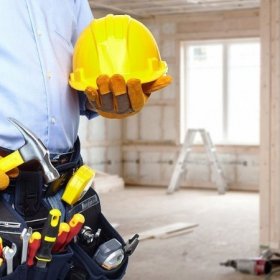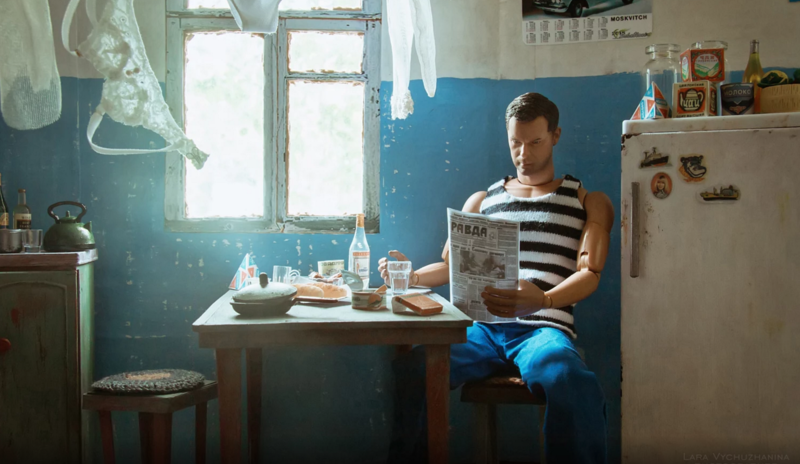What can not be changed in the apartment without special permission

Existing apartment layouts do not always suit the people living in them. But before making radical changes to the living quarters, you need to know how to properly legalize them.
When repairs require approval
Most often, repairs are cosmetic. But sometimes they turn into a redevelopment associated with a change in the internal structural elements, which requires the creation of a new technical passport.
Current legislation in the form of building codes and regulations (Construction Norms and Regulations), sanitary and epidemiological rules and regulations (SanPiN), as well as Government Decisions, establishes the need to coordinate redevelopment with regulatory organizations.
This is necessary so that ongoing repair and construction work does not lead to the destruction of individual apartments or the building as a whole. For example, the demolition of the bearing wall in the apartment can lead to the collapse of the entire entrance.
What is considered a redevelopment
Re-planning means any change in the configuration of the apartment, which requires the introduction of updated data in the technical passport. These construction works relate to the expansion or contraction of the area of the apartment, the demolition and construction of partitions and walls. They must comply with the established requirements and are taken into account in the technical documentation in the BTI. A technical passport containing up-to-date information about the premises helps to avoid contentious situations when buying or selling real estate.
Invalid changes without coordination
Carrying out redevelopment of an apartment requires coordination in state authorities. These changes should not violate established rules and regulations. Therefore, there is a list of works whose implementation is strictly prohibited and it is impossible to obtain approval for their implementation.
On the kitchen
The redevelopment of this part of the apartment must comply with the safety rules established by the state. When repairing a kitchen, it is necessary to coordinate the following work:
- Expansion of the kitchen is possible only due to the corridor.
- Moving the kitchen to the corridor in the presence of natural sunlight.
- Combining a kitchen with a living room is possible only if there is no gas equipment in it.
- Replacing a gas stove with an electric one.
In the bathrooms
Remodeling of bathrooms is agreed upon:
- increase in the area of the bathroom;
- equipment transfer: bathtubs, sinks, toilet bowls, as they are marked in the technical passport;
- dismantling the partitions in the combined bathroom;
- changing the position of the bathroom. This is only possible if the bathroom is located above the non-residential area of the neighbors below. Full transfer is possible with floor waterproofing and ventilation conversion.
These works will be agreed, unless they affect the following aspects:
- Use of living rooms or parts thereof to increase the area of the bathroom.It is forbidden to expand or move the bathroom to rooms located above the living space of neighbors below, in order to prevent their flooding.
- Expansion of wet areas (bathrooms, showers, toilets) into the kitchen, with the exception of apartments, under which there are no residential premises.
- Mounting a door to the kitchen or bedroom. An exception to this rule are nursing homes or apartments with a second bathroom, the door of which opens into a non-residential premises, for example, a corridor.
- Improper use of the ventilation shaft, leading to its artificial narrowing or transfer.
Inconsistent redevelopment of the bathroom can violate the rights of neighbors, safety standards and lead to emergency situations.
On the balcony
The balcony is part of the apartment and the facade of the house, so the ongoing redevelopment requires the coordination of such works as:
- association with the interior of the apartment, except for the kitchen;
- glazing, if it is not provided by the project of the house or carries an increase in the load on building structures;
- changing the size and shape of doors and windows facing the balcony.
These works will only be agreed upon if they are not carried out during their implementation:
- disassembly of the window sill, which is part of the facade of the house;
- extension of heating to the balcony;
- repair, as a result of which the width between the wall and the end of the balcony will become less than 1.2 m;
- demolition of a nut, which is part of a structure for holding a balcony slab.
In a regular room
Redevelopment of an ordinary room requires coordination during the following works:
- dismantling of curtain walls, excluding interroom;
- installation of partitions without increasing the load on the floors;
- installation or dismantling of door and window openings;
- the device of openings in bearing partitions;
- closing doorways in partitions and curtain walls.
How to arrange a redevelopment
Redevelopment is carried out in several stages:
- They prepare a sketch for minor transformations or a project for more serious work and coordinate this document with the administration of the city or district, depending on the location of the apartment.
- They carry out construction work, break the old and build a new one.
- They hand over the acceptance certificate, which is the basis for making changes to the technical documentation in the BTI and receive new documents (technical passport).
- Register changes in the registry.
Registration approval redevelopment is mandatory. Otherwise, difficulties may arise in the sale of an apartment. A redevelopment carried out without approval may be declared unlawful, which will entail a fine or a demand to return the apartment to its previous appearance.


